Max Littman, LCSW
July 24, 2025
The IFS community—especially in trainings and retreats—is often imbued with warmth, reverence, and a sacred sense of shared mission. For many, entering an IFS space feels like finding a spiritual and professional home: a place where emotional nuance is welcomed, where language can finally name long-held internal truths, and where the presence of Self energy is treated with deep respect.
But even the safest and most open-hearted spaces are not immune to the energetic pull of groupthink. And when groupthink takes hold—subtle as it may be—it can create confusion, self-doubt, internal polarization, and conformity that undermines the very principles IFS is built on: curiosity, multiplicity, and authentic relationship.
What Groupthink Looks Like in IFS Spaces
Groupthink in the IFS community doesn’t usually look like overt peer pressure. Instead, it is a powerful undertow that flows invisibly and seductively that can manifest as:
- Unquestioned reverence for senior leaders or trainers
- Subtle shaming or dismissing of non-IFS perspectives or interventions
- Speaking in “IFS language” as a sign of legitimacy or depth
- Consensus-based nodding in group discussions, even when dissent is present internally
- The internalization of roles like “good IFS student” or “true believer,” especially in retreat settings where emotional vulnerability is heightened
In retreats, where our parts often soften in response to collective intention and openness, the desire to belong and the wish to be seen as “doing it right” can make it difficult to notice when our own discernment is slipping away.
The Impact on Individuals
Groupthink can feel good at first—like shared purpose, intimacy, and trust. But eventually, its effects become harder to ignore:
- A quiet voice inside may start to dissent, but gets overridden (and may become louder as a result)
- Parts may feel they must perform Self energy rather than inhabit it
- Doubt about the model or facilitators gets exiled as “resistance”
- Tensions may arise between intuition and what’s modeled or taught
Instead of feeling more connected to our own internal systems, we may leave trainings or retreats feeling disconnected from ourselves and from others but feel unsure why. Some of us may internalize the idea that our struggles with the model are evidence of personal failure rather than potential insight. And that no one else is having a similar experience.
The Collective Cost
At the group level, the cost of groupthink is a decay of innovation, integrity, and safety.
When everyone’s trying to stay in step with the dominant tone, we risk losing the complexity that makes IFS so powerful. Divergent viewpoints get smoothed over. Challenging questions remain unasked. Dissenting parts stay quiet, not because they’ve softened, but because they’ve given up trying to be heard. They may fume instead. Either way, not being met has real effects on our mind, body, and spirit, which often go unnoticed until it becomes a “problem”.
Over time, this creates a culture where conformity is equated to coherence. Where facilitators may not receive honest feedback. Where authenticity is replaced by choreography. And where rupture becomes taboo—seen as a failure of Self energy rather than a necessary part of relationship.
How It Shows Up With Clients, Friends, and Colleagues
If our own discernment gets dulled by groupthink, it can bleed into how we work with clients and relate to peers. We may:
- Default to IFS language even when clients don’t resonate with it
- Push for unblending or “working with a part” when presence would be enough
- Pathologize disagreement or discomfort as protectors to be soothed rather than honored
- Feel superior to colleagues who use different models or interventions
- Misrecognize interpersonal conflict as internal projection rather than a relational dynamic that needs naming
In other words: we can become less relational. Less attuned. Less able to meet others where they are, because we’ve over-identified with a framework that, ironically, was designed to create more freedom and authentic connection.
How to Break the Spell
Groupthink thrives in unconsciousness. Naming it is a powerful first step. From there, we can begin to practice:
- Self-to-part honesty: Is there a part of me that doesn’t fully agree with what’s happening right now?
- Curiosity toward dissent: When someone challenges a norm or a trainer, can I notice how my system responds?
- Permission to not know: Can I allow myself to have mixed feelings about a teacher, an exercise, or the model itself?
- Friendships rooted in truth: Can I debrief with peers in a way that honors complexity, even when it means critiquing beloved spaces or people?
- Holding models lightly: Can I love IFS without worshipping it? Can I allow parts of me to integrate what fits and leave what doesn’t?
When we allow spaciousness for our inner contradictions, and grant others the same permission and grace, we move from groupthink to collective intelligence. We become a community that values inquiry over orthodoxy. One where Self energy doesn’t require consensus, but invites conversation and diversity.
Many Paths to Truth
IFS is a powerful and beautiful model. But like any community that builds identity around shared belief, it carries the risk of groupthink. That doesn’t make the model bad or to be disposed of. It just makes it a dynamic, living organism.
Our calling as practitioners and people is not to avoid collective dynamics, but to bring them into awareness. To meet them with as much honesty, warmth, and spaciousness as as is available to us, and however much we can muster. Remember that Self energy doesn’t have to be a brand, a protocol, or a club. It’s a living relationship—with ourselves, with each other, and with the truth as it unfolds.
That truth includes reverence. It also includes rebellion. And it doesn’t require us all to nod at the same time.
For feedback and comments, I can be reached at max@maxlittman.com.
I provide private practice mentorship, consultation, and therapist/practitioner part intensives.
